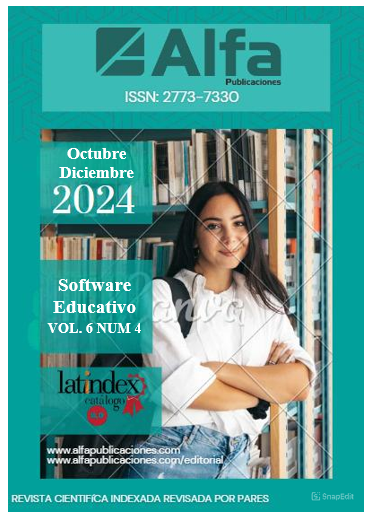Educational neurotechnology and its application in the teaching-learning process of the computer science baccalaureate
Main Article Content
Abstract
Introduction: educational neurotechnology, which combines neuroscience and advanced technology, has proven to be a promising tool to optimize the teaching-learning process. In the context of the Baccalaureate in Computer Science, this transformation is particularly important due to the technical and complex nature of the curriculum. Currently, theoretical classes based on memorization and repetition demotivate students, fail to engage them, and negatively affect academic performance. Objectives: the purpose of the research is to analyze how augmented reality and virtual reality technology can be effectively integrated into the teaching-learning process to improve students' motivation and academic performance. Methodology: the focus of this research is mixed, combining qualitative and quantitative methods. An exploratory and descriptive research design is used. The population is made up of students and teachers of the computer science baccalaureate. A representative sample of 1 educational institution that offers a bachelor's degree in computer science is selected. The sample includes 35 students and 4 teachers from the educational institution. Results: the results show that students and teachers reveal a positive perception about the use of neurotechnology. Teachers highlight the potential of these tools to facilitate the teaching of complex concepts and to engage students more effectively. Conclusions: consequently, the importance of adopting technological innovations in education is underlined and suggests that neurotechnology has the potential to positively transform the educational field, providing a solid foundation for future research and practices in the field. General Study Area: Education. Specific study area: Neuroscience, Technology. Type of study: Original article.
Downloads
Article Details
dssfdsf
dsfdsf

